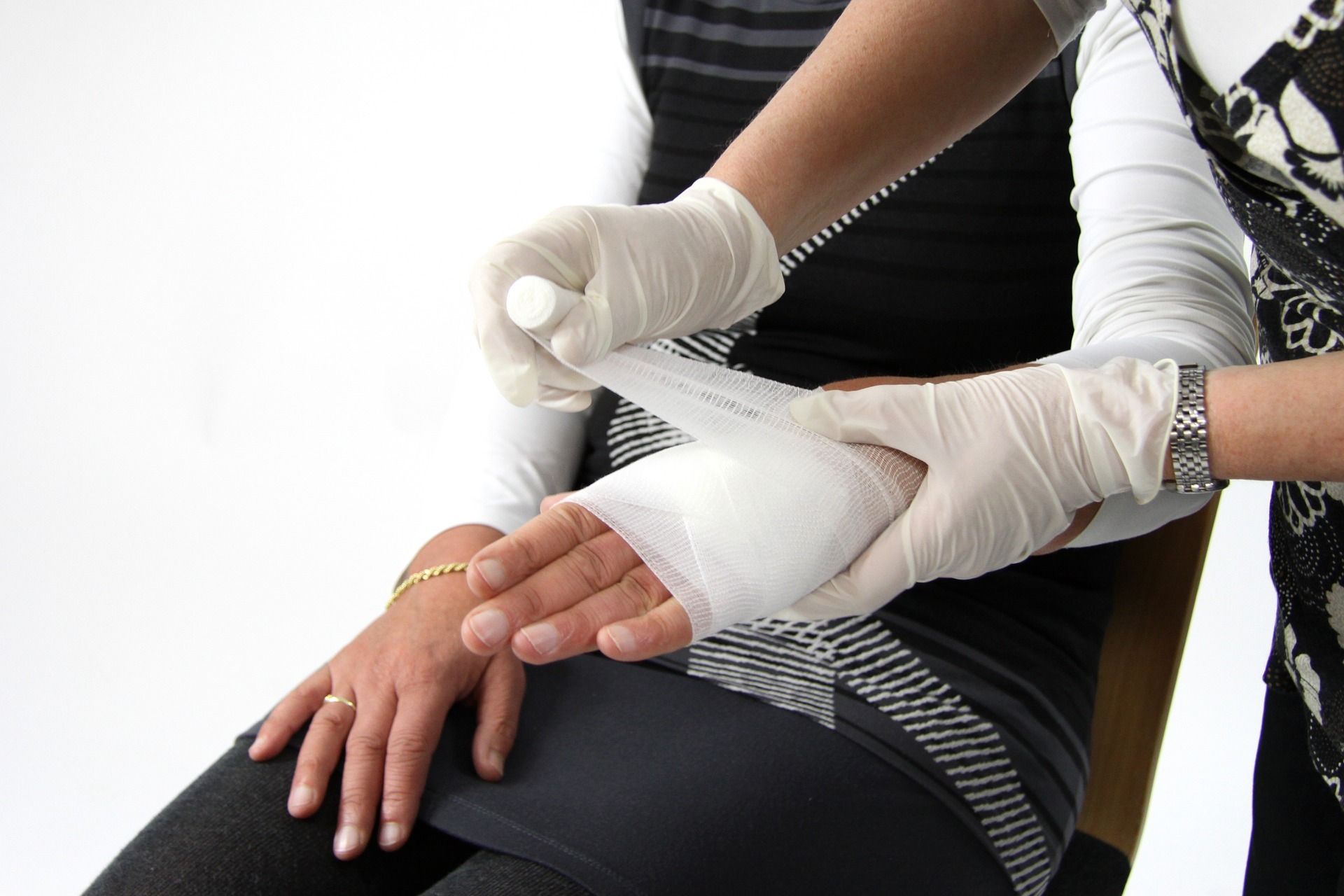
We use our hands for almost everything. As such, experiencing cuts and lacerations to them is far from uncommon. We also tend to instinctively throw our hands out to protect our face in situations where it may get hurt, such as if we fall over. While many cuts are superficial, deeper lacerations can pose a risk to the underlying tendons and nerves in our hands, which can affect how well we can use them.
This is because tendons and nerves are extremely important. The tendons, and in particular the ones in the palm side of the hands, known as the flexor tendons, contract and extend to allow us to move our fingers. If they become damaged, movement may be limited or even impossible.
Similarly, these tendons are surrounded by nerves which provide sensations to the hands. If the nerves also become damaged, it could cause the patient to experience difference sensations, such as tingling or numbness. Some nerves are also responsible for initiating the contraction of specific muscles, and this too may be affected.
Causes of lacerations to the tendons and nerves in the hands
Tendon and nerve lacerations are almost always caused by blunt or sharp force trauma. This could include a sudden impact, a knife wound such as one sustained when preparing food, or broken glass.
What are the symptoms of a tendon or nerve laceration?
It may not always be immediately obvious if a laceration has affected the tendons or nerves in your hand. However, if you have a deep cut and experience any of the following symptoms then it is definitely worth getting checked out by your doctor or an upper limb specialist.
- Indicators that you may have damaged tendons or nerves in your hand include:
- Pain and tenderness in palm of your hand
- Inability to bend or extend one or more fingers fully
- Pain in the fingers
- Numbness in the fingers
Treatment for tendon lacerations
The treatment for tendon lacerations normally depends on the extent of the damage that the patient has experienced. In some instances, it may be possible to simply clean and dress the wound, then prescribe rest and pain medications while it heals naturally.
However, if you have a laceration on your hand that has severed more than 50% of the width of a tendon, surgical repair is normally necessary. This is particularly true if a flexor tendon is affected, as they rely on a strong thickness in order to move the individual fingers on the affected hand.
Treatment for nerve lacerations
Unfortunately, nerve recovery is a more complex process. The extent of the damage can be difficult to ascertain, and surgery is often used to take a look at the nerves to see whether they have been damaged or completely cut. Surgical repair is possible, and Dr. Raskin will be happy to speak to you in person about this procedure. However, it is important to remember that nerve repair can take many months, as nerves grow back at an average of just 1mm per day.
If you have experienced a laceration to your hand and are concerned that you may have damaged the tendons or nerves, Dr. Raskin would be happy to discuss the problems you are experiencing and make a diagnosis. With extensive experience and skill of a range of complex hand surgery procedures, including treatment for tendon and nerve lacerations, you can be certain that by choosing Dr. Raskin, your hands are safe in his.
Book your consultation at our comfortable, Manhattan, NY office at 212-889-8600.







